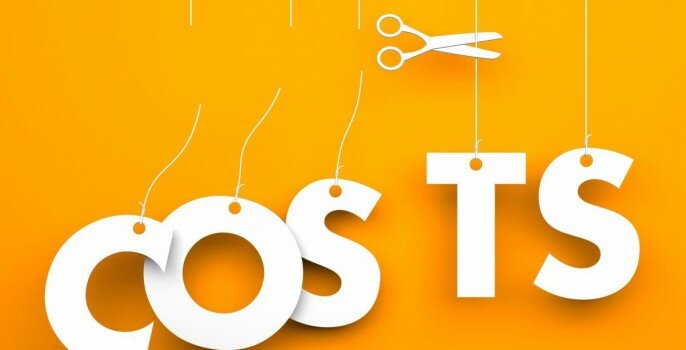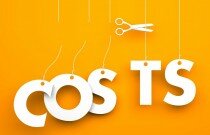One way that SMEs can cut costs is through tax competence. Elize Giese, Head of Investments for FNB Business, shares a few ways in which businesses should reduce operating costs and use the savings to cater for unforeseen business expenses and emergencies.
As SMEs reflect on the National Budget Speech, the focus should now be on implementing long-term strategies to deal with challenges imposed by the ever-changing business environment. Although the National Budget Speech did not provide tax relief for small businesses, entrepreneurs can save or manage costs by improving efficiencies.
Below are seven guidelines for small businesses to improve tax efficiency and cut costs:
· 1. Constantly track business expenses – small businesses should keep record of all expenses regardless of their value. SARS provides deductions for a range of business expenses such as entertainment, travelling, gifts for clients and common office expenses, amongst others.
· 2. Know which exemptions the business qualifies for – small businesses qualify for a number of exemptions from SARS depending on their size and annual turnover bracket. For example, if a small business pays its employees annual salaries of less than R500 000, it is exempt from paying the Skills Development Levy (SDL), which has been set up for the training and development of employees.
· 3. Bring professionals onboard – many business owners try to save costs by being a ‘Jack of all trades’ opting to handle everything themselves. This often results in costly financial and tax mistakes which could have easily been avoided by using a qualified accountant or tax professional.
· 4. Use credible online financial tools – start-ups that cannot yet afford to hire or outsource accountants can take advantage of online solutions offered by their bank or financial institutions.
For example, FNB offers its customers Instant Accounting which uses their electronic bank statements to do bookkeeping automatically and generates detailed financial statements and reports, including income statements, balance sheets and VAT reports.This enables business owners to have up to date financial information, giving them peace of mind when filing for returns.
· 5. Capitalise from running a small business from home – SMEs that use their homes as business premises can benefits from tax deductions such as interest payment on the bond and daily expenses incurred from running the business.
· 6. Employee tax – small businesses that specialise in project work across the country often use a lot of temporary workers. Employers need to understand the tax rate for temporary employees on different salary brackets to avoid mistakes and fines from SARS.
· 7. Filing your returns on time – Last but not least, although many SMEs employ accountants, the onus falls on business owners to educate themselves on tax issues. By constantly monitoring activities and making sure that tax is paid regularly and returns are filed on time, business owners can avoid fines from SARS.
“In times of difficulty when demand is low and cash flow is constrained, small businesses cannot afford to make mistakes. The emphasis should be placed on efficiencies, cutting costs and saving for rainy days,” concludes Giese.
« Innovative water saving business strategies for when drought hits 8 Characteristics of Resilient Entrepreneurs »







